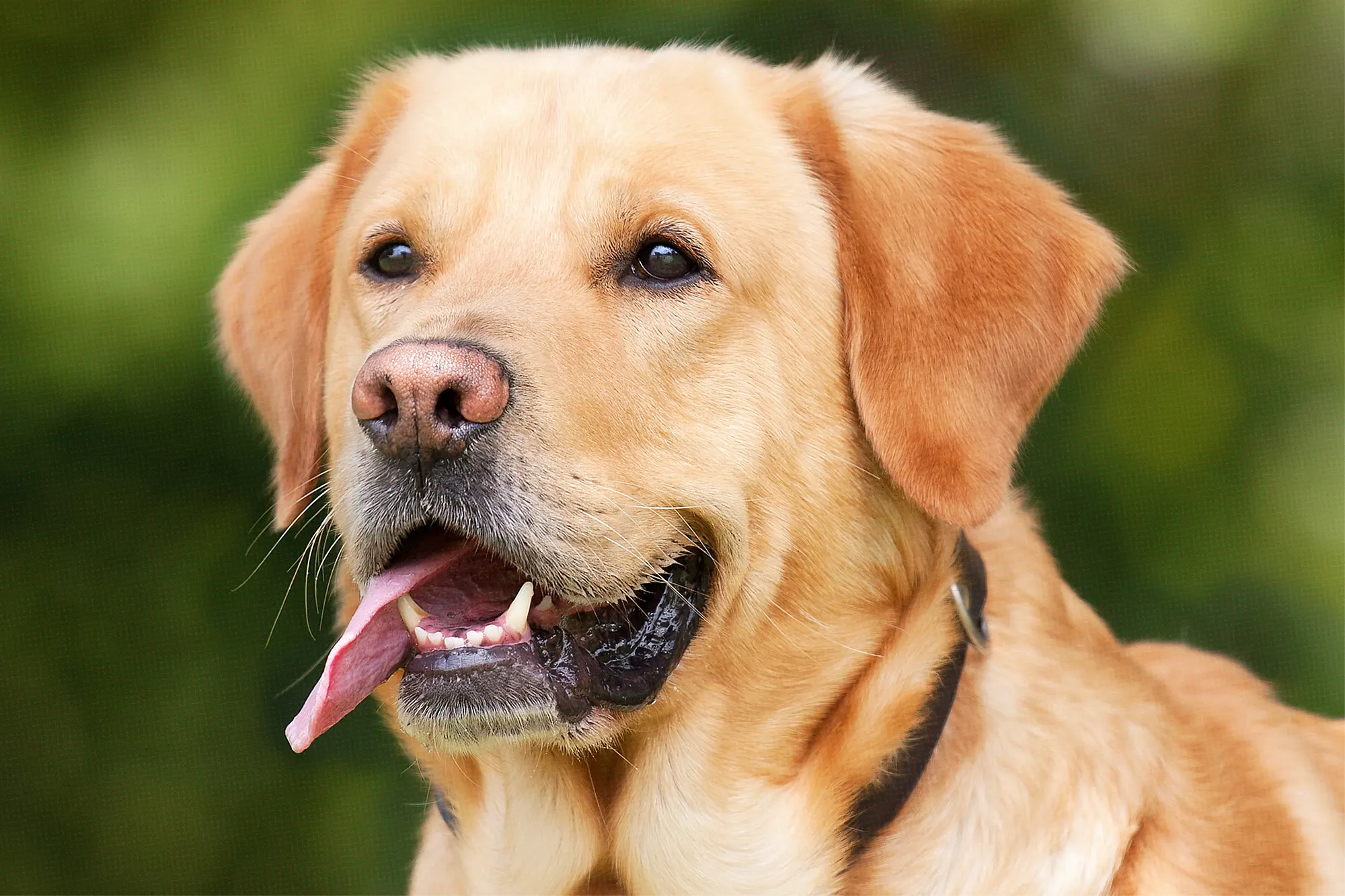You know what they say: A Labrador is a stomach on four legs. Now, don’t get me wrong—I love Labs. I’ve owned three, each one with an appetite bigger than the last. I swear my current Lab, Marley, once tried to swallow a pizza whole. Now, she has had some interesting living room carpet incidents that I won’t dive too deeply into (it’s best for both of us). So, for the safety of your carpets and the taste buds of your voracious Lab, you might be thinking: What can your Labrador Retriever actually eat?
Well, I’ve decided to put together a comprehensive list of the do’s and don’ts, the yays and the nays, and the absolutely-never-ever-do-not-feed-if-they-give-you-those-puppy-eyes.
What Do Labs Naturally Love To Eat?
If you’re a Lab owner, you’ve probably noticed they love to eat just about everything, from their high-quality doggy kibble to that tasty looking tennis shoe you bought last week. But apart from the occasional forbidden delicacies like my Marley’s infamous pizza blunder, they naturally thrive on balanced meals that fulfil their high energy requirements.
The Main Components of a Balanced Lab Diet
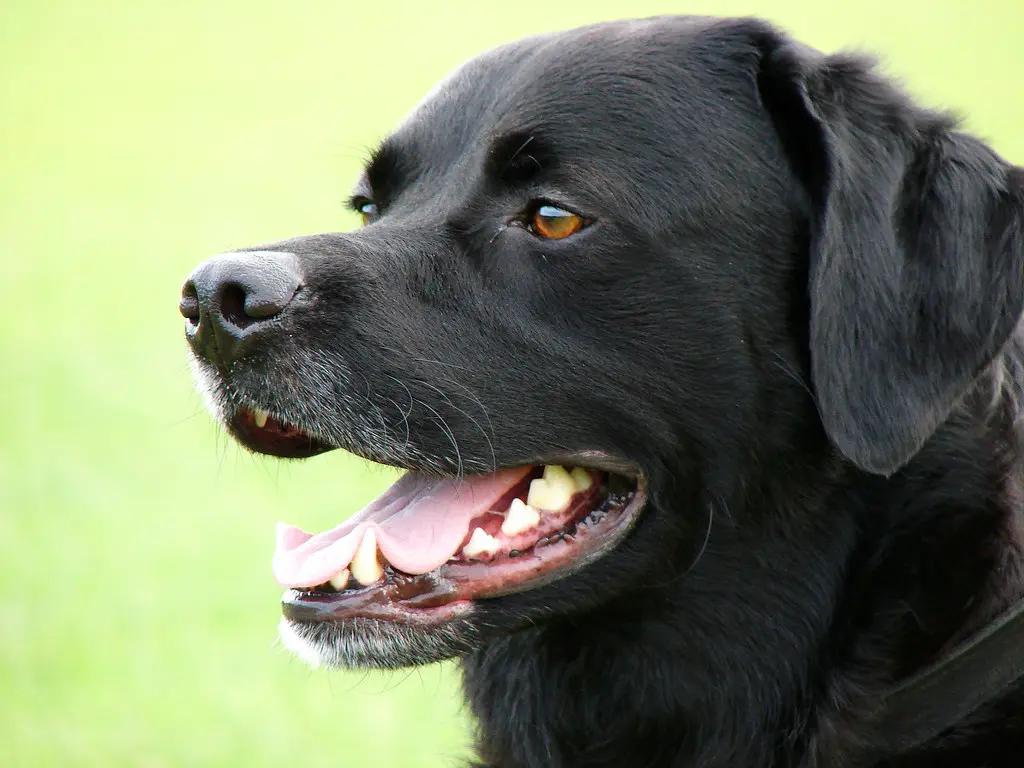
High Quality Dog Feed
The foundation of your Lab’s diet should be a high-quality dry dog food formulated specifically for their age (puppy, adult, or senior). Look for a dog food that lists a named meat source like chicken or salmon as the first ingredient, and avoid any with mystery meat ingredients. The food should also have whole grains like brown rice and barley rather than just “grain” on the label. Your vet can provide more specific recommendations based on your dog’s age, activity level, and health needs.
Proteins
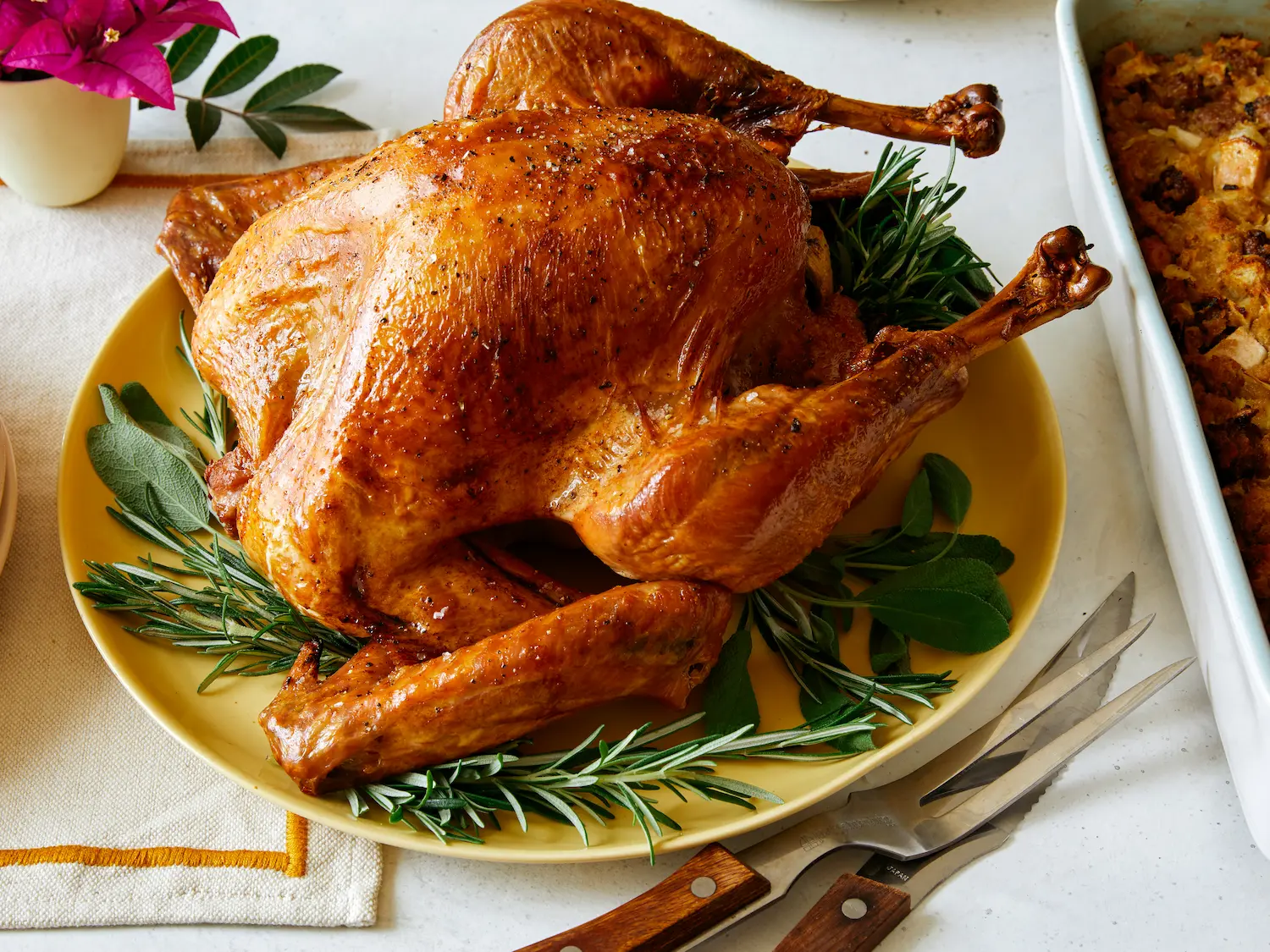
Protein is like, well, the Arnold Schwarzenegger of your lab’s diet. It’s the hard-hitting, muscle-building, all-round superstar nutrient that your Lab needs to stay active, healthy, and occasionally boisterous. Here are some proteins that are a must for your Lab:
1. Chicken:
A starring role in many dog foods for a reason, chicken is an excellent source of protein for your Lab. Packed with essential amino acids and generally very digestible, it’s a winner, winner, chicken dinner, literally!
2. Beef:
Lean, cooked beef is an excellent protein source and comes with the added bonus of being naturally rich in iron and vitamin B12. A bit like spinach is for humans, but more Labrador-appropriate and less leafy.
3. Fish:
Consider fish the undisputed king of omega-3 fatty acids, but it’s also a protein powerhouse. It’s the one-two punch your Lab needs for a shiny coat and good muscle health. Just make sure it’s properly cooked. Raw fish is a no-go, despite what your Lab’s enthusiastic sniffing might suggest.
4. Turkey:
A not-so-secret weapon in the protein arsenal, turkey is highly digestible and a valuable protein source. Cooked turkey is ideal – avoid giving your Lab any seasoned meat, which can be too rich and salty for them.
5. Eggs:
Eggs are protein-rich and easy to digest, and many dogs love them cooked and mixed into their regular food.
Carbs
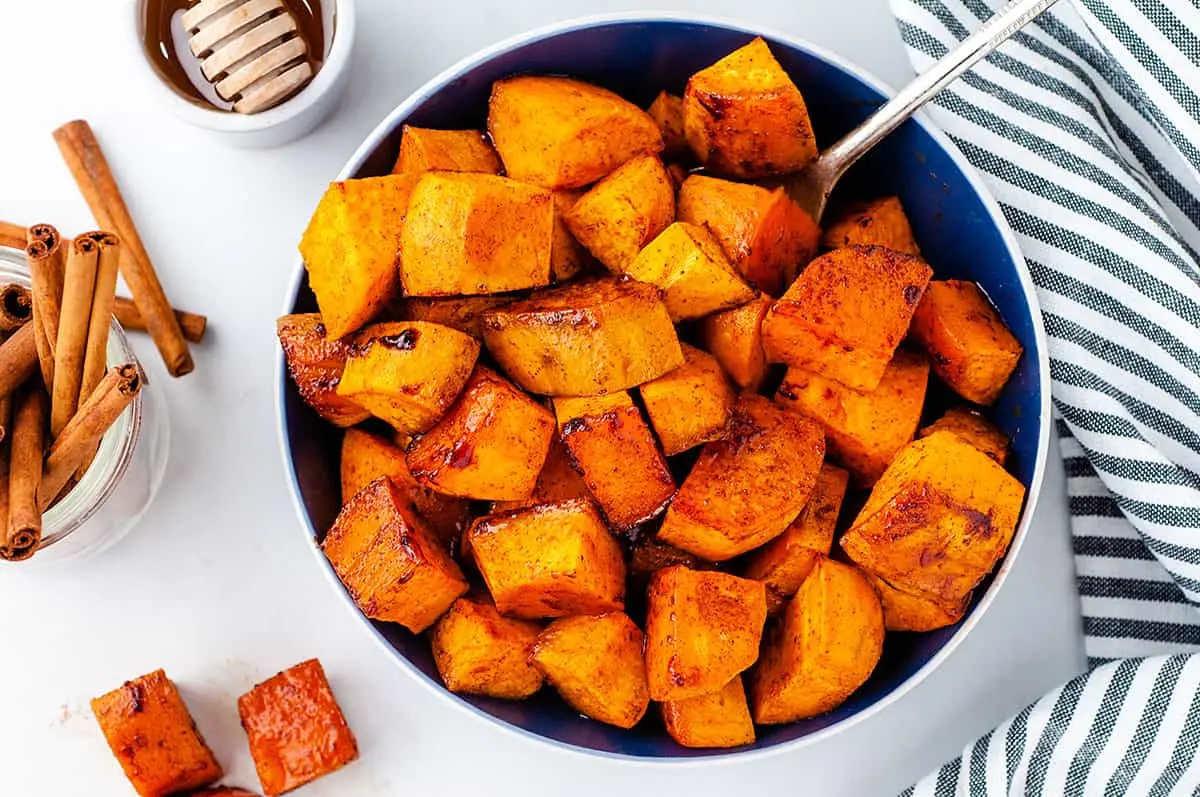
You know when you sneak a late-night snack, whether it’s a piece of leftover pizza or a giant spoonful of ice cream? (Oh, come on, we all do it!) But during daylight hours, you wouldn’t dream of touching the stuff. Carbs, am I right? They have a bad rap but, in reality, we need them to some extent – and your Labrador Retriever needs them too!
1. Brown Rice:
Lightly seasoned, fluffy brown rice at your favorite sushi spot? Mmm. In your Lab’s bowl? Double mmm! Brown rice is a fantastic source of healthy, slow-burning carbohydrates. It provides energy for your Lab without the sugar spike.
2. Sweet Potatoes:
Sweet potatoes are an amazing carb option for your Lab, too. Jam-packed with vitamins, fiber, and minerals, they’re Mother Nature’s answer to the dog’s carb craving. Just serve them cooked and unseasoned—no need for butter, maple syrup, or those tempting mini-marshmallows.
3. Quinoa:
It’s fancy, it’s trendy, and it’s great for your Labrador Retriever. Quinoa is a high-quality carb, high in protein, and fully loaded with essential amino acids. Your pup might not appreciate the latest food trends like activated charcoal ice cream (we humans are weird), but quinoa? They’re all for it.
4. Barley:
An excellent carb source for your Lab! Barley is a versatile, energy-providing grain that’s rich in essential fibers. Low on the glycemic index, it encourages stable blood sugar levels and keeps your dog full of energy for those seemingly endless games of fetch.
5. Oats:
You get oatmeal! And you get oatmeal! Everybody gets oatmeal! Anyway, oats are an excellent low-fat, low-calorie carb option that’s full of soluble fiber and an ideal energy boost for your Labrador. Best served cooked and unseasoned—skip the sugar, syrup, and raisins.
Fruits and Veggies

Labs, like us, need their greens too. Let’s talk about the best fruits and veggies for your Lab.
1. Carrots:
A rabbit’s favorite, and your Lab’s too! Carrots are packed with vitamin A and fiber, and they’re great for your pup’s dental health. The crunching they require can help scrape off plaque, sort of like nature’s toothbrush. Just be cautious with portions; too much vitamin A can be harmful.
2. Blueberries:
Berry good news, folks! (Sorry, had to do it :D) This superfood is not just meant for your fancy smoothies. These tiny purple treasures are a fantastic fruit snack for your Labrador. They’re loaded with antioxidants, fiber, and vitamins — and they’ll keep your Lab’s immune system in tip-top condition!
3. Pumpkin:
What’s that you say? Pumpkin spice lattes for dogs? Not quite. But canned, cooked, unsalted pumpkin is wonderful for your Labrador’s digestion and can help keep their weight in check. It’s rich in fiber and beta-carotene, which the body converts into a type of vitamin A. Remember less is more; a couple of spoons should do the trick.
4. Cucumber:
Crisp, refreshing, and low calorie: meet the cucumber. This green veggie has the distinct honor of being almost entirely water-based, making it a hydrating and healthy snack for your Lab, containing a nice dose of vitamins K, C, and B1.
5. Apples:
An apple a day keeps the doctor away, and it seems to hold true for our furry friends too. They’re a great source of vitamin A and C as well as dietary fiber for your Lab. However, never offer the core or any seeds to your Labrador, as they can be harmful. Sliced apples are the way to go. Fingers crossed, apple-fetch becomes a thing.
Fats and Oils
Our mayo, if you will. Necessary, but in controlled amounts. Healthy fats and oils like omega-3 from fish or flaxseed oils can aid in skin and coat health.
Foods To Skip
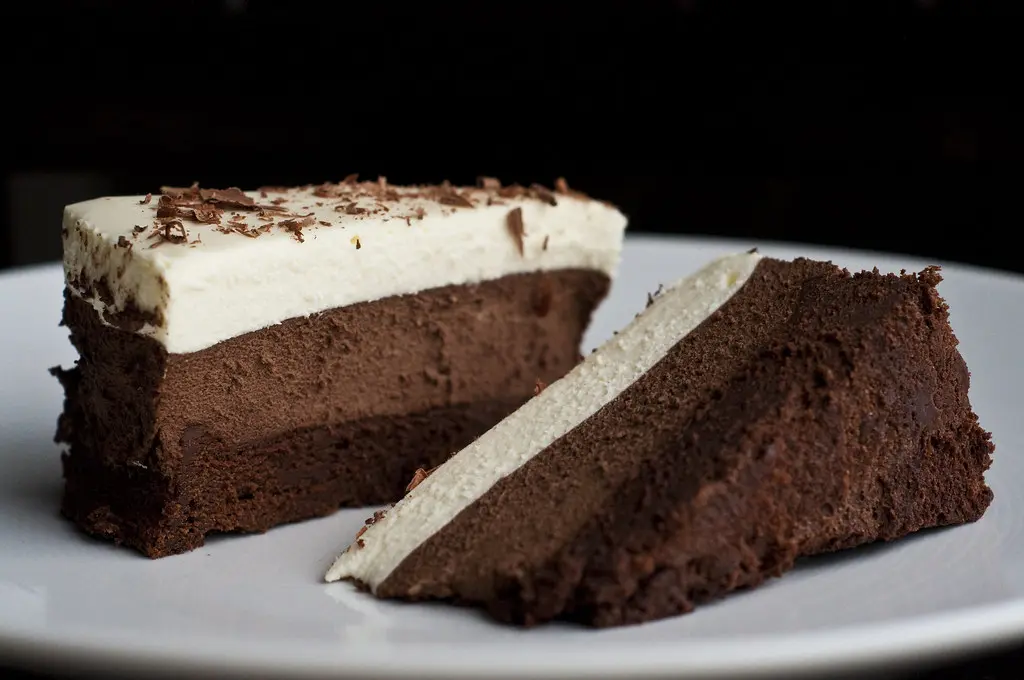
Have you ever had a regrettable encounter with the blue cheese donut offered by that experimental bakery (you know, the one that also serves “avocado lattes”)? And, after the first bite, you wished you could rewind time and skip it? Well, just like we have our “no-thank-you” moments with odd foods, there are some absolute ‘no-go’s’ for your Labrador Retriever’s diet too!
1. Chocolate:
I know, chocolate is the unspoken hero of bad days at work and breakups. But for our four-legged friends, it’s villainous. The theobromine present in chocolate is toxic for dogs and can lead to serious health problems. Your Lab may make a pretty compelling argument with those puppy dog eyes, but stay strong, my friends.
2. Onions & Garlic:
If you’ve ever teared up while cutting onions, think of your poor Labrador’s struggles. They’d do a whole lot more than produce tears. Onions and garlic cause gastrointestinal irritation and could lead to red blood cell damage in dogs. So, save the Italian cuisine for date night, not your Lab’s dinner.
3. Avocados:
Who doesn’t love some guacamole on game night? Your Labrador, that’s who! They contain a substance called persin that can be toxic in high amounts and potentially lead to stomach upset.
4. Grapes & Raisins:
Grapes and the senior citizens of grapes, a.k.a. raisins, might be sweet, but they’re far from sweet for your Lab. Even in small quantities, they can cause rapid kidney failure. Let’s keep the fruit salad Lab-friendly.
5. Ice Cream:
A scoop of ice cream on a hot day is as irresistible to us as a thrown stick is to a retriever. However, most dogs are lactose-intolerant, and consuming dairy products can lead to digestive problems. Offer them a dog-friendly frozen treat instead. After that, let’s hope they’ll happily let us enjoy our double-scoop sundae in peace.
Labrador retrievers are one of the most popular dog breeds, known for their friendly, energetic personalities and love of food. As an owner, you want to make sure you’re feeding your Lab a nutritious diet to keep them healthy and happy. Here’s a guide to what you should and shouldn’t feed your Labrador retriever.
Final Thoughts
Pay attention to what human foods you offer your Lab as treats or table scraps. Many foods we eat safely can be harmful to dogs. When in doubt, check with your veterinarian. Let me know in the comments if you have any other questions about feeding your wonderful Lab.
